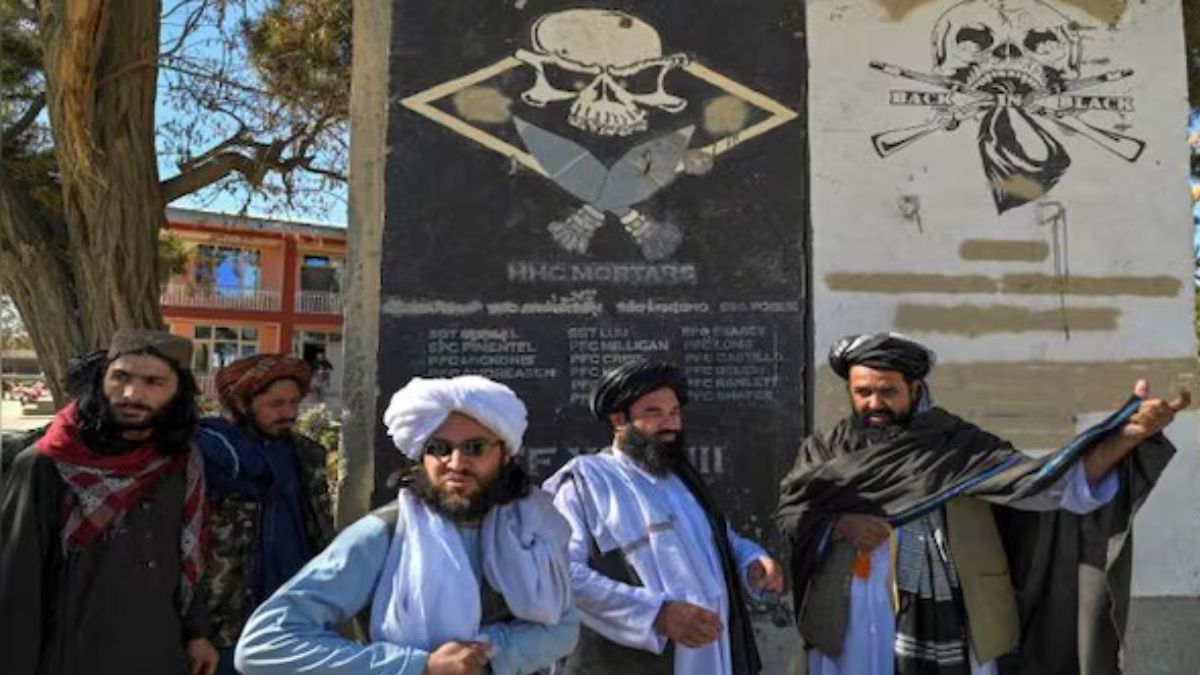Following Russia’s formal recognition of the Taliban as Afghanistan’s legitimate government, speculation is mounting over whether China may soon follow suit, a potential turning point in the Islamist group’s long-sought campaign for global legitimacy.
On Friday, China’s foreign ministry welcomed Russia’s move, with spokesperson Mao Ning stating that Beijing has “always believed that Afghanistan should not be excluded from the international community.”
While stopping short of recognising the Taliban government, Mao reiterated China’s ongoing diplomatic engagement with Kabul, noting that embassies in both countries remain operational and functional.
“As a traditional friendly neighbour of Afghanistan, the Chinese side has maintained normal diplomatic relations and continues to pursue a policy of friendship with the Afghan people,” she said.
China currently hosts a Taliban-appointed ambassador in Beijing but, like many countries, has withheld full diplomatic recognition. Officials have previously suggested that any formal recognition would hinge on political reforms, improved domestic security, and stronger regional ties from the Taliban leadership.
Russia’s landmark move
Russia broke ranks with most of the international community on Thursday by officially acknowledging the Taliban as the rulers of Afghanistan. Afghan Foreign Minister Amir Khan Muttaqi announced the development after meeting Russian Ambassador Dmitry Zhirnov in Kabul, calling Moscow’s decision “brave” and “historic.”
“This bold step will serve as a model for others. Now that the recognition process has begun, Russia has taken the lead,” Muttaqi said in a video message.
Taliban foreign ministry spokesperson Zia Ahmad Takal also confirmed the move, stating, “Russia is the first country to officially recognise the Islamic Emirate,” using the Taliban’s formal name for their administration.
Impact Shorts
More ShortsRussia’s foreign ministry said the recognition would pave the way for deeper cooperation in sectors such as energy, transport, agriculture and infrastructure. It also highlighted joint efforts to tackle terrorism and drug trafficking as key priorities in future bilateral relations.
The move comes after a series of steps by Moscow to normalise ties with the Taliban, including delisting the group from its register of terrorist organisations earlier this year and welcoming a Taliban envoy to Moscow.
President Vladimir Putin has referred to the Taliban as “allies in the fight against terrorism,” and Russia has positioned itself to expand economic ties by using Afghanistan as a gas transit route to Southeast Asia.
The China question
Beijing’s endorsement of Russia’s stance has reignited debate over whether China will be the next major power to legitimise the Taliban government. Although China has yet to take that step, its diplomatic engagement has steadily deepened since the Taliban took control in 2021. The two countries maintain close trade and infrastructure discussions, and China is among a handful of nations that has accepted a Taliban ambassador.
China’s long-term strategic interests in Afghanistan including securing its Belt and Road investments, curbing extremism near its Xinjiang region, and tapping into Afghanistan’s mineral wealth are seen as possible incentives for recognition.
Western silence, Afghan outrage
The Taliban’s return to power in 2021 brought with it a rollback of human rights—particularly for women and girls, who remain barred from education and most forms of public life. This has stalled recognition efforts from Western nations and triggered strong condemnation from Afghan civil society.
Former Afghan parliamentarian Mariam Solaimankhil criticised Russia’s decision, calling it a betrayal of fundamental rights. “This legitimises a regime that flogs women publicly, denies education to girls, and shelters terrorists under UN sanctions,” she said.
Another former lawmaker, Fawzia Koofi, warned that recognition without reform would embolden impunity. “This move risks not only Afghanistan’s stability but could have wider implications for global security,” she said.
Despite such concerns, China and Russia’s growing engagement signals a shift in how regional powers view Afghanistan’s Taliban leadership. With Moscow taking the lead, attention now turns to Beijing—and whether strategic interests will override lingering concerns about governance, human rights, and international norms.
With inputs from agencies
)